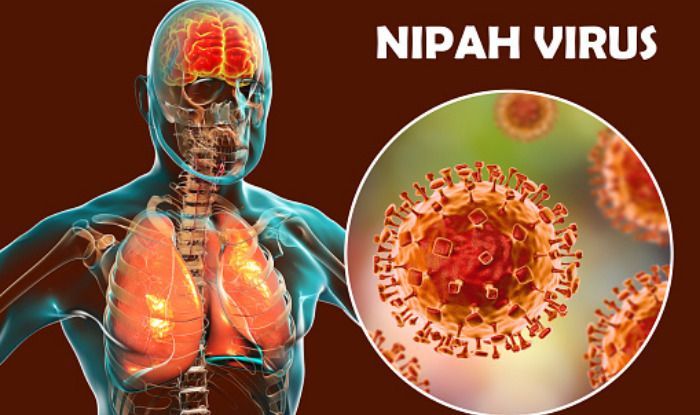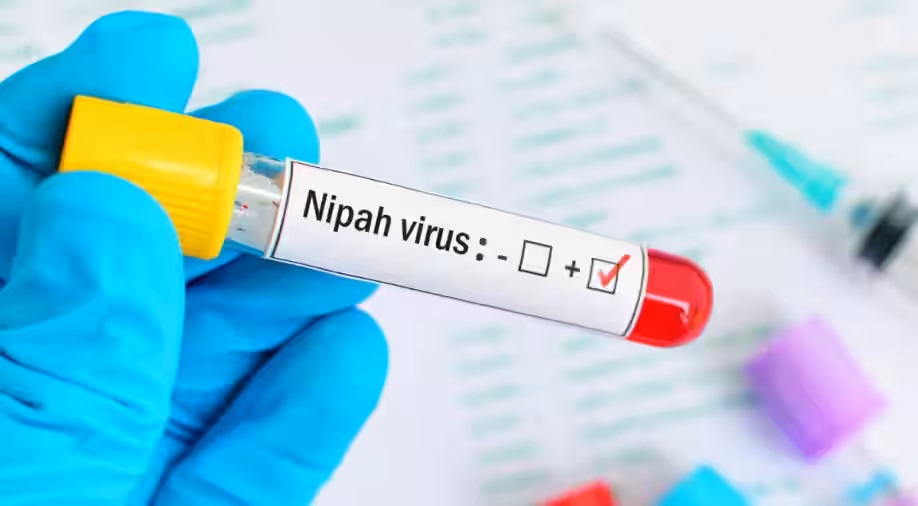Nipah virus: According to data reported in medical publications, the virus is carried by fruit bats and pigs and can cause severe sickness in both animals and people.
Public health measures have increased in the area as a result of the resurgence of Nipah virus cases in the state of Kerala in southern India. Six documented occurrences of the virus-caused disease have resulted in two fatalities as of the time this report was filed.
A zoonotic virus is the Nipah virus (NiV). In other words, it is a virus that can spread from animals to people.
The virus, which can cause catastrophic sickness in both animals and people, is hosted by fruit bats and pigs, according to data quoted in medical journals.
According to the World Health Organization, mortality can happen in up to 75% of cases because of the fast onset’s transition into complications including encephalitis, a fatal brain infection.
What occurs to someone who has the Nipah virus?
Patients experience an abrupt onset of flu-like symptoms in every Nipah virus outbreak to date, dating back to when the virus was originally discovered in Malaysia in 1998.
Convulsions, coughing, vomiting, respiratory issues, fever, and headache are a few of them.
In addition, other consequences such respiratory infections and atypical pneumonia could arise if the virus is not identified quickly.
Within 24 to 48 hours, these symptoms could develop into a coma, which would lead to death.

Is the Nipah virus treatable?
The Nipah virus has no known treatments, including vaccines. The Indian Council of Medical Research (ICMR), however, has increased its efforts to create a viable vaccine, according to information that surfaced on September 16.
Therefore, there are only symptomatic and supportive therapy options available to treat the illness’ visible symptoms. If more issues arise, treatment options for potential encephalitis cases that can spread from one person to another should be considered. Implementing accepted infection control procedures is crucial to prevent transfer.
What therefore should be done to treat the Nipah virus?
India has contacted Australia in an effort to replenish dosages of monoclonal antibodies to treat the viral illness cases. According to Dr. Rajiv Bahl, the head of the Indian Council of Medical Research, it will shortly receive 20 additional doses.
But according to Dr. Vivek Nangia, Chief of Pulmonology at Max Hospital in New Delhi, only the safety of the monoclonal antibody dosages has been examined.
Dr. Vivek Nangia stated that the monoclonal antibody’s name is “M102.4.”
Why is Kerala susceptible to the Nipah virus’s spread?
Kerala is a tropical state that is simultaneously experiencing fast urbanization and deforestation. In this area, there is more contact between people and animals, including bats that can spread the virus.
More than 40 different kinds of bats live there as well as “prime bat habitat” that was destroyed for human development.
Since 2018, there have been four similar outbreaks. The last three outbreaks were controlled using a combination of strategies, including treating symptoms and tracking down the last person infected.
How can the Nipah virus be stopped from spreading?
Dr. Vivek Nangia made the observation that since stray animals and bats are known to transmit the virus, people should avoid contact with them.
He cautioned against consuming raw date palm sap on any dates that bats are known to live on as a precaution.
Dr. Nangia praised Kerala’s state government for its “war-footing” efforts, saying: “They are doing a great job. The contacts of the 5–6 sufferers have all been tracked down.
Dr. Nangia warned, “The only issue is that the incubation period of this virus is 4-14 days, but could extend well up to 45 days.



